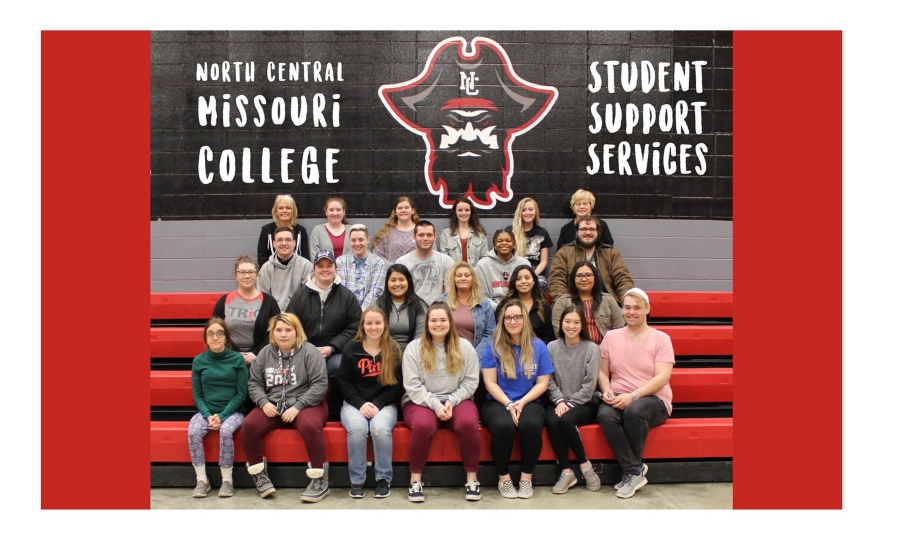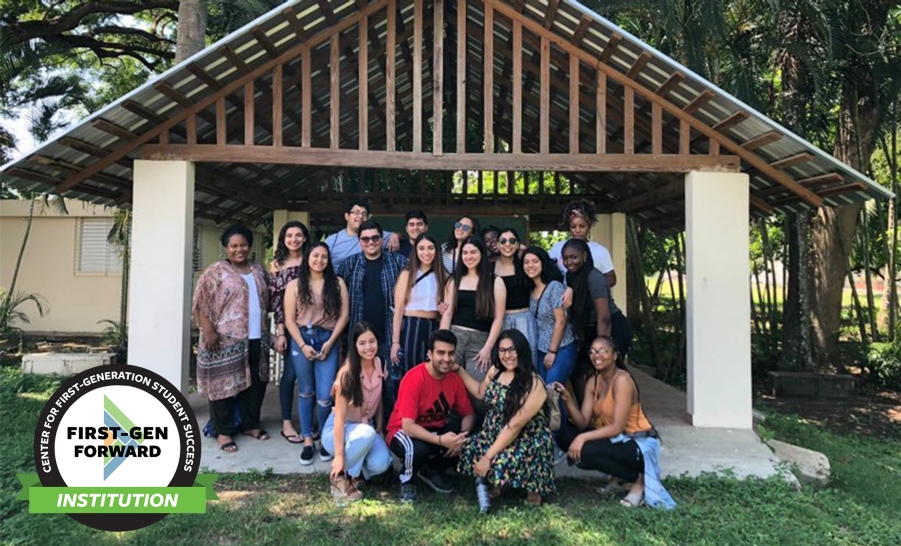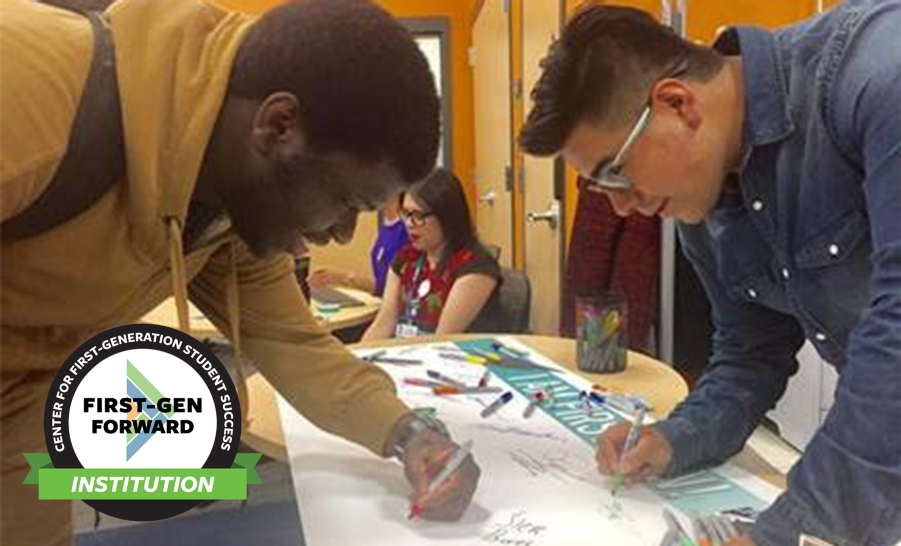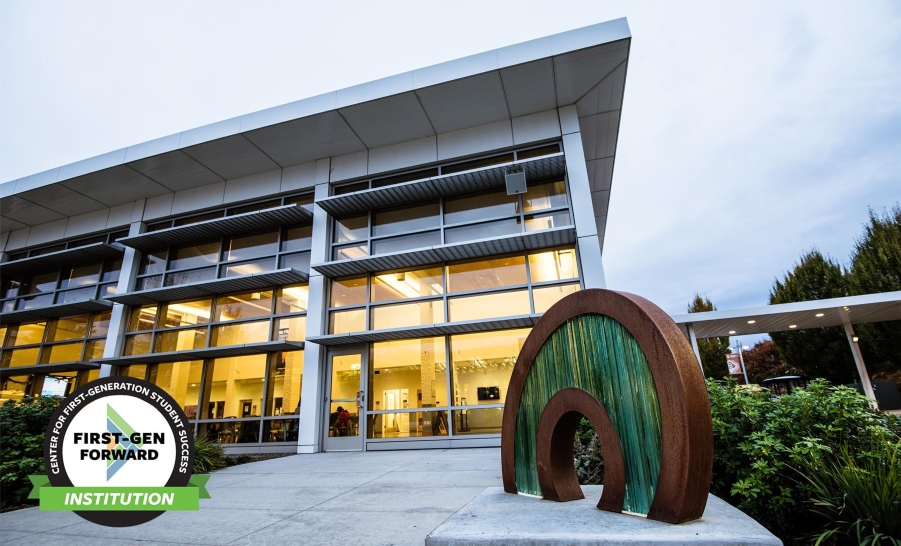Fixing your Focus: Changing your internal conversation
Brenda Hunt, Assumption University / FirstGen Forward / December 04, 2023

Have you ever made an appointment with a professor, and they didn't show up?
How did you feel? You probably took it personally, huh? You probably thought the professor didn't care about you or didn't take you seriously, and those negative thoughts may have turned into you scrolling through Tik-Tok videos for the rest of the night or bad-mouthing the professor and your friends. This experience may have brought up another instance when you were harmed or when someone forgot about you. The first thing I want you to keep in mind is the concept of emotional intelligence.
Professors and administrators are people just like you. Consider that something important may have come up that the professor needed to address, or perhaps they forgot (it happens to the best of us). Emotional intelligence is understanding that no one is perfect and urgent matters arise unexpectedly for everyone. Understanding that professors are people, too, helps you put yourself in their shoes. We've all been there, and we hope that others consider that your appointment isn't their only priority. It's not always about you.
How do we fix our focus and stay on track?
Follow up with an email asking the professor to reschedule your appointment. Emphasize that meeting with them is essential to you (no matter how big or small the matter). This will show your professor that you are committed to succeeding in your course and the institution.
Think of what you are doing right—another way to change this internal conversation. Often, we are our worst critics, and self-doubt and negative thinking about others stem from being hard on ourselves. Be careful not to let self-doubt and negative thinking take over. Check those doubting thoughts and redirect them by working on another task or assignment. Don't let those negative thoughts become real.
Don't become the stereotype. When a professor doesn't show up for us, it's easy to continue the narrative that "no one cares," especially when you are overwhelmed and need help or guidance. It's easy to lean into the negative characteristics of how we think others perceive us. I think your next steps should be to (1) Step back and take a look at the facts of the situation. (2) Be sure that your actions and reactions reflect your character, not someone else's idea of you.
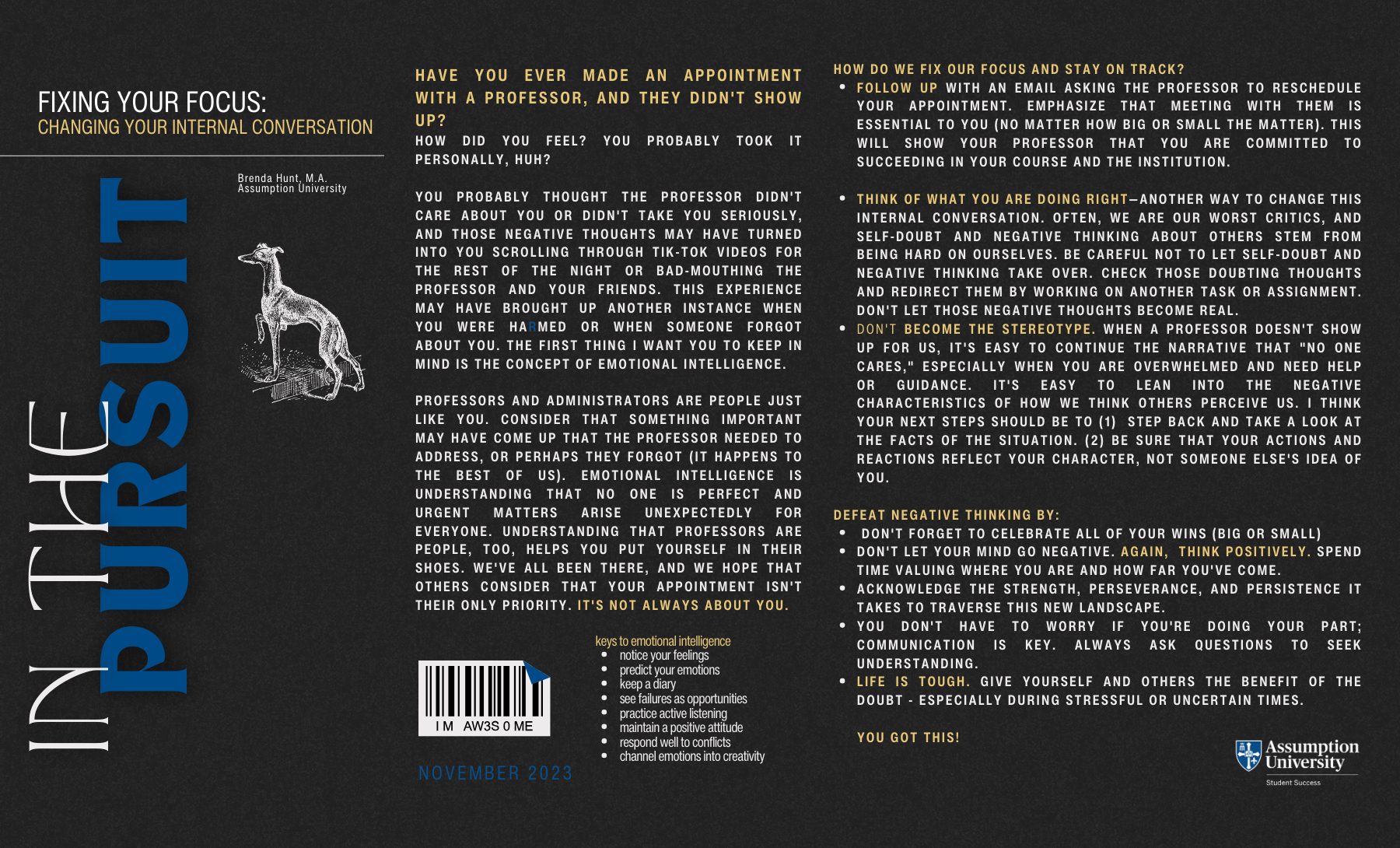
Don't forget to celebrate all of your wins (big or Small)
Don't let your mind go negative. Again, Think positively. Spend time valuing where you are and how far you've come.
Acknowledge the strength, perseverance, and persistence it takes to traverse this new landscape.
You don't have to worry if you're doing your part; communication is key. Always ask questions to seek understanding.
LIFE IS TOUGH. Give yourself and others the benefit of the doubt - especially during stressful or uncertain times.
You got this!

